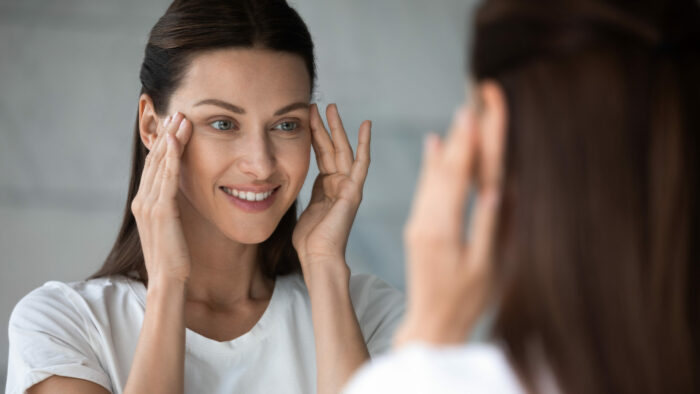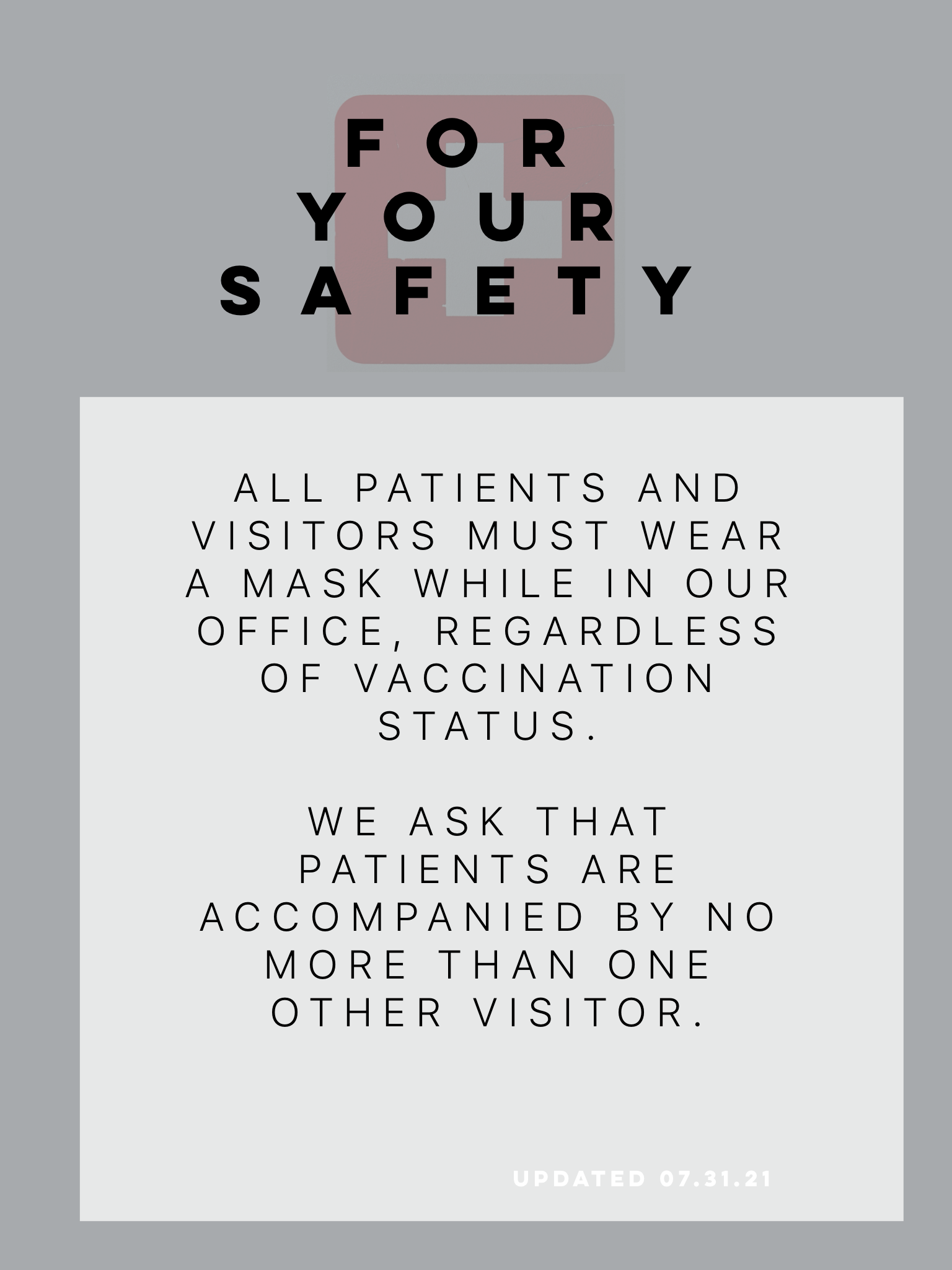What Types of Dermal Fillers are Available?
Some dermal fillers use naturally occurring materials in the body, while others are used safely for medical purposes, such as sutures. At Specialty Aesthetic Surgery, we offer:
Juvederm®
The Juvederm® family of fillers offers a formula for almost any purpose, and contain a material called hyaluronic acid. This molecule is found throughout your skin, pulling in and holding onto moisture, making the skin look plump and hydrated. Hyaluronic acid is the most widely used type of dermal filler.
Radiesse®
Radiesse® is a dermal filler that uses a material called calcium hydroxylapatite. This material occurs naturally in bone and other places in the body. It comes in the form of tiny particles suspended in a gel and adds immediate volume when injected. Over time, it will add additional volume by stimulating collagen production. The new collagen can outlast the original filler.
Belotero®
Belotero® is also a hyaluronic acid dermal filler. Its formula integrates into the skin to provide a flexible, natural-looking treatment for stubborn lines and wrinkles. It comes as a smooth gel that does not hinder your facial expressions.
Bellafill®
This dermal filler specializes in deep creases such as smile lines. It also works as a treatment for indented acne scars. It uses polymethyl methacrylate (PMMA), a material commonly used in medical implants. When used as a dermal filler, it comes in the form of microspheres that can last under the skin much longer than other filler compounds.
How Long Do Dermal Fillers Last?
Dermal fillers are all temporary, but some last longer than others. Fillers used for cheek volume or deep creases last the longest. Those employed in flexible, active areas like the lips are often cleared away by the body more quickly.
- Juvederm®: six months to two years
- Radiesse®: two years or more
- Belotero®: one to two years
- Bellafill®: five years or more
Your injection specialist will give you more details about how long your filler injection will last. While you certainly want your results to last as long as possible, long-lasting fillers like Bellafill® are not suitable for all locations.
What Can Dermal Fillers Treat?
Dermal fillers are versatile products with a wide range of uses. Dermal fillers are often used in areas such as:
- Fine lines and wrinkles
- Nasolabial folds
- Marionette lines
- Acne scars
- Under the eyes
- Cheeks
- Vertical lip lines
- Lips
- Crow’s feet
- Chin wrinkles
Dermal fillers can also be used for liquid rhinoplasty. This procedure uses dermal fillers to enhance the shape of the nose, smooth out bumps, and give a more symmetrical appearance. Your injection specialist may use several different fillers to achieve the desired results.












